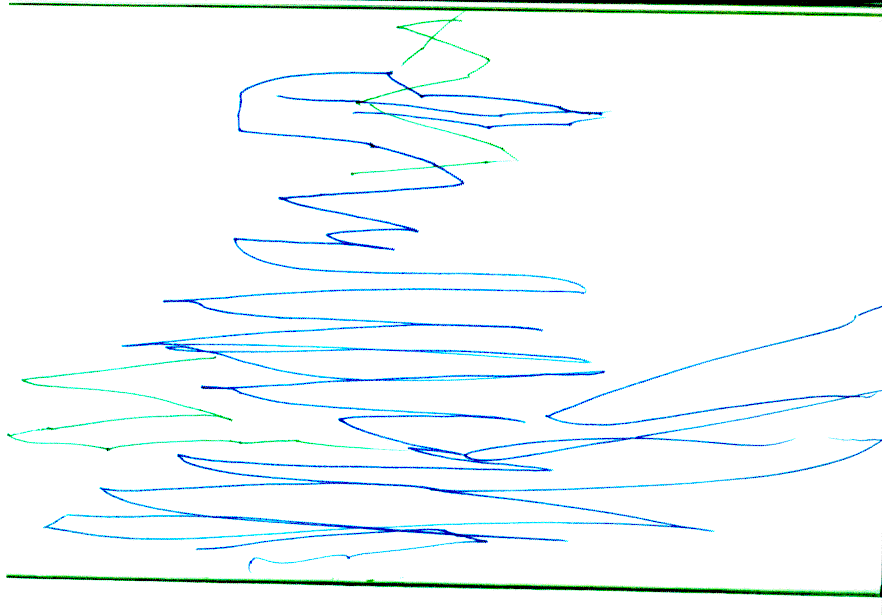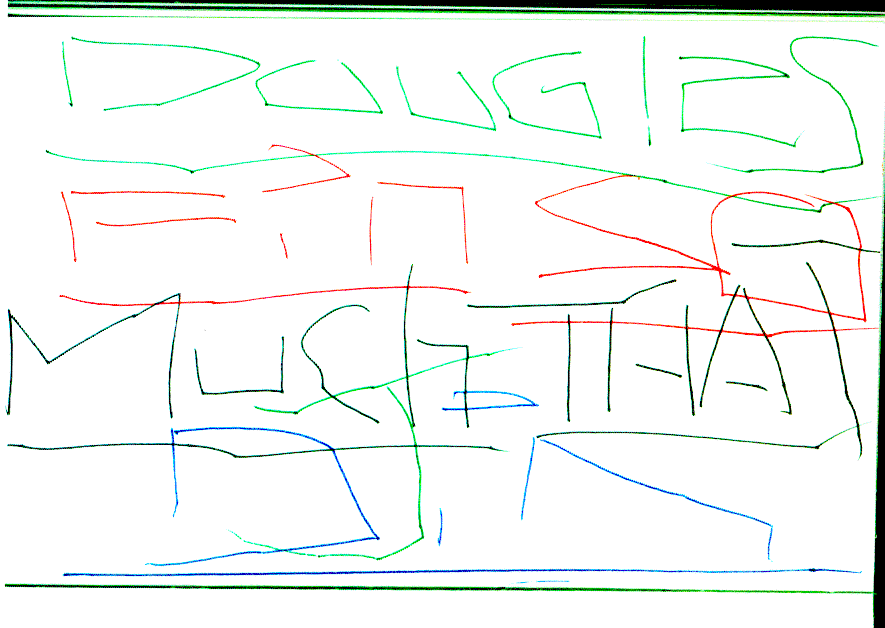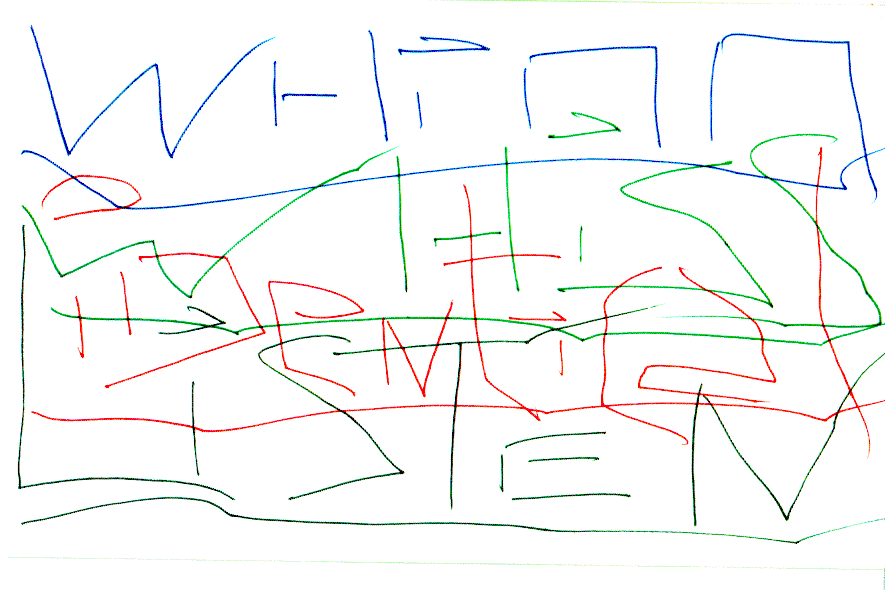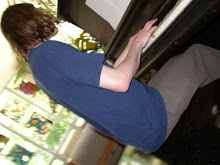Thursday, May 22, 2008
Two Pieces by Olivier Messiaen
"Feuillet inédits"
Organ Improvisation
Wednesday, May 21, 2008
Superflat (with Takashi Murakami)
 When I was at the Toledo Museum of Art a couple of weeks ago, I saw this scupture--"Mr. Wink (Oval Sitting atop a Cosmos Ball)." The piece, as I'm sure is evident, is plastic, and the Cosmos Ball includes a CD by the band Zak Yumiko.
When I was at the Toledo Museum of Art a couple of weeks ago, I saw this scupture--"Mr. Wink (Oval Sitting atop a Cosmos Ball)." The piece, as I'm sure is evident, is plastic, and the Cosmos Ball includes a CD by the band Zak Yumiko.Murakami is best known as the prime mover behind Japan's Superflat movment and as the artist who created the cover art for Kanye West's album Graduation (oddly enough, the only of Kanye's albums I don't own). I've come across Murakami's work a few times via internet, and while I may have seen an exibition of his in San Francisco--it was either Murakami or an artist related to Superflat--it was seeing this piece in person that got me thinking about his work.
"Mr. Wink" falls in with a number of Murakami's plastic figurine work. Some of these pieces follow "Mr. Wink" in terms of being child-like, intentionally comercial, and blindingly colorful:

But then, other work of Murakami's takes the most vapid elements of anime's style, and rather than ephasizing their commerciality, deforms them into the grotesque, the overly sexual:



I've been wondering if a similar aesthetics is possible in writing, and if it is possible, what it might look like. The closest that I can think of is the twisting blank narratives of Daniil Kharms and John Yau. Both are nearly as colorful as Superflat, both are nearly as sharp, but I can't think of a writer whose textual surface nears this plastic.
I'm uncertain if work like this could be done in writing. While commercials and movie dialogue may be as financially dependant as the style Murakami works from, I can't think of a type of writing that is displayed in housholds, that could hold the status of decoration.
Ideas, anyone?
Monday, May 5, 2008
Stan Brakhage


 Instead of reading his poems, he shows slides of poems like the ones above and tries to talk about them, focusing especially on the process of reading or deciphering the handwriting itself. I had heard about Grenier's presentations of his poems, but the "reading" at Yerba Buena was my first opportunity to see Grenier in person.
Instead of reading his poems, he shows slides of poems like the ones above and tries to talk about them, focusing especially on the process of reading or deciphering the handwriting itself. I had heard about Grenier's presentations of his poems, but the "reading" at Yerba Buena was my first opportunity to see Grenier in person.I went with a few friends from graduate school--I think I was the only one there who knew Grenier's work, it was my idea to go--and when we got there, we discovered that the other half of the night's bill was a showing of some of Stan Brakhage's films. I had never seen them, and I didn't know who Stan Brakhage was.
The films were something of a revelation. In their refusal to give narrative, to give a static image to hold on to, they made me aware of time in the way that Gertrude Stein's unfolding grammar made me constantly aware of the present time. In both there is no place to rest, so the "now" of time is insistant, is constantly asserting itself.
And in both there is a depth of emotion. While much "experimental" work falls away from me and is forgotten, work like Brakhage's films remains with me, close to me. More and more, I believe it is because of this emotion and this care on which Brackhage's abstract films are built. I do want work that pushes and breaks the norms of genre, but I want it to retain a fullness of humanity. Brakhage's films are beautiful.
San Francisco Reading
Details: here.
